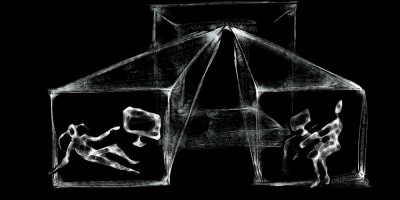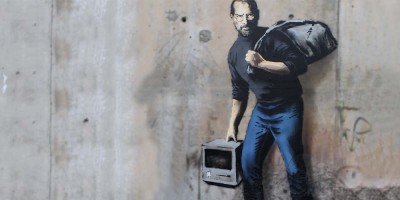
Migration
architecture of human solidarity
in a COMMENTARY, Jordanian Prince Hassan bin Talal reflects on the development of international standards of refugee protection in contrast with contemporary rise of nationalism
Dec 18th 2019
Hassan bin Talal

Articles by Datalyrics were published in


